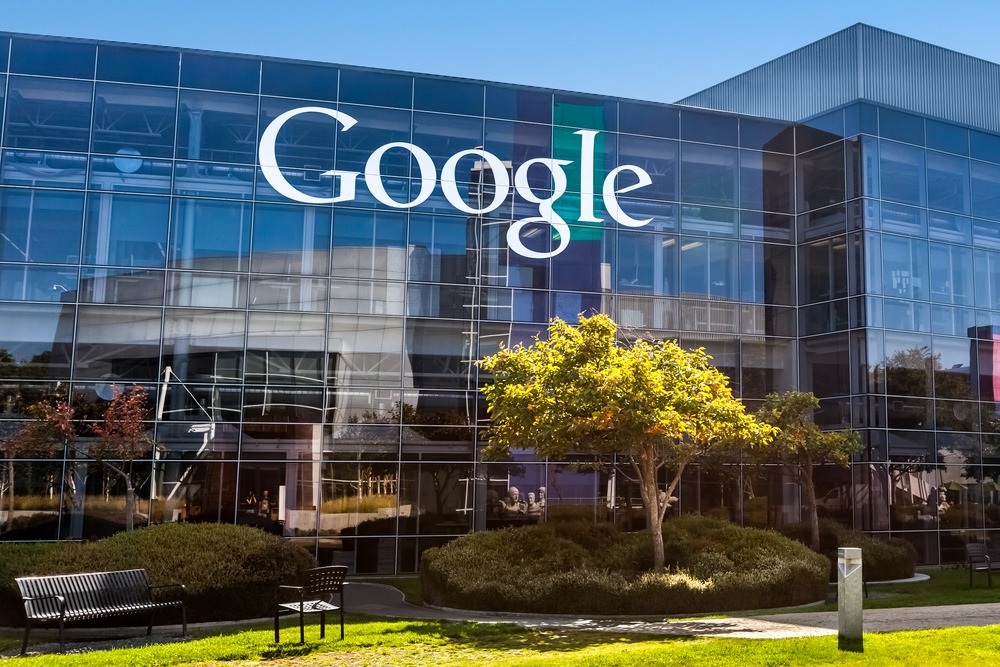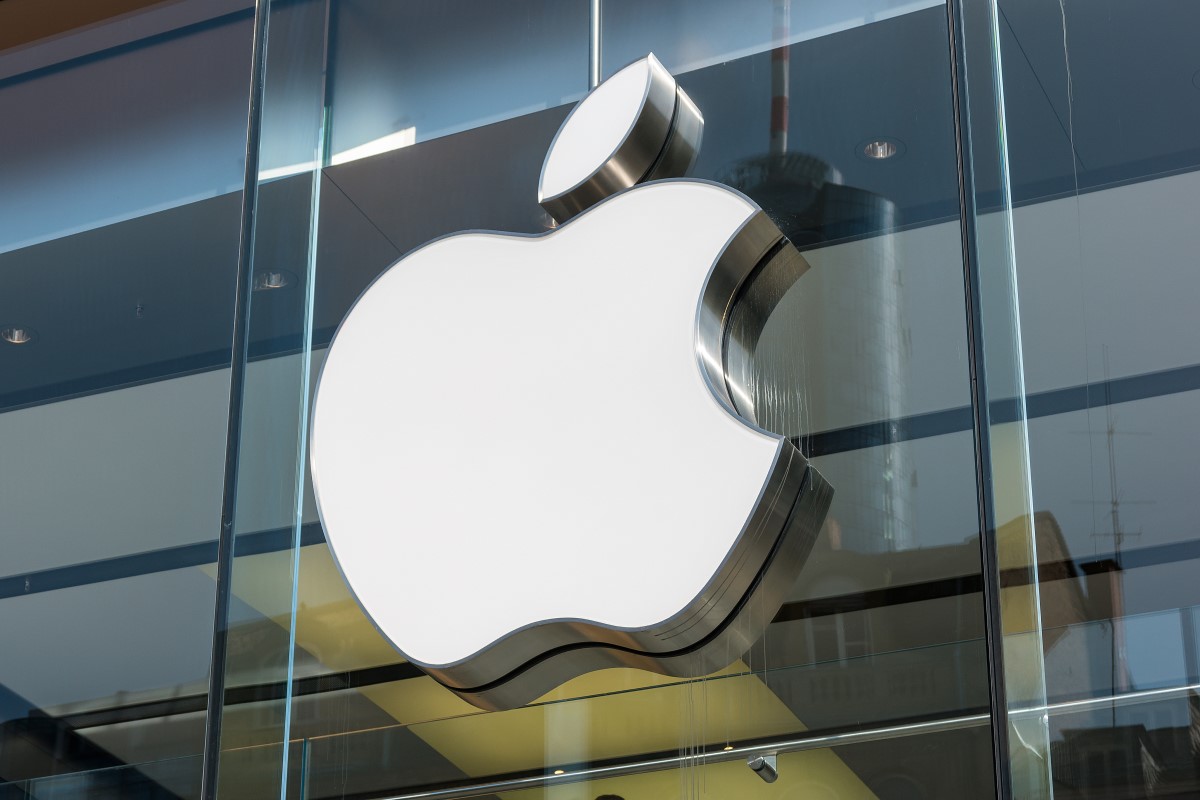This week, South Korea’s competition regulator made an important announcement. It announced that it will fine Google 207.4 billion Korean won ($176.9 million) for allegedly abusing its dominant market position in the mobile operating system to stifle competition. Presently, the company’s Android operating system occupies the lion’s share of the smartphone market.
It allegedly used its unique position to prevent smartphone makers like Samsung from using operating systems developed by rivals. The Korea Fair Trade Commission said Google required smartphone makers to agree to an “anti-fragmentation agreement” when signing with the tech giant over app store licenses and early access to the operating system.
Anti-Fragmentation Agreement prevented device makers from installing modified versions of Google’s operating system. The country’s antitrust regulator alleged that the company’s practice limited innovation in the development of new operating systems.
Google and its position
The tech giant’s spokesperson argued that Android’s compatibility program spurred hardware and software innovation. Google’s spokesperson also stated that its compatibility program brought success to Korean phone makers as well as developers.
The spokesperson stated that the regulator’s decision ignores those benefits. Its decision will undermine the advantages enjoyed by users. Google’s spokesperson also stated that the company will appeal to the regulator’s decision.
Even a $176.9 million fine is not a big deal for Google. Its parent company Alphabet reported $61.88 billion in revenue. Google’s total ad revenue rose to $50.44 billion, up 69% from the year-ago quarter. YouTube’s revenue surpassed $7 billion, drawing close to Netflix’s quarterly revenue, which was $7.34 billion.
Nonetheless, the regulator’s decision is the latest setback for the company in South Korea. Last month, the country’s parliament approved a bill. That bill will allow app developers to avoid paying hefty commissions to main app store developers. Users will be able to pay via alternate platforms.
















